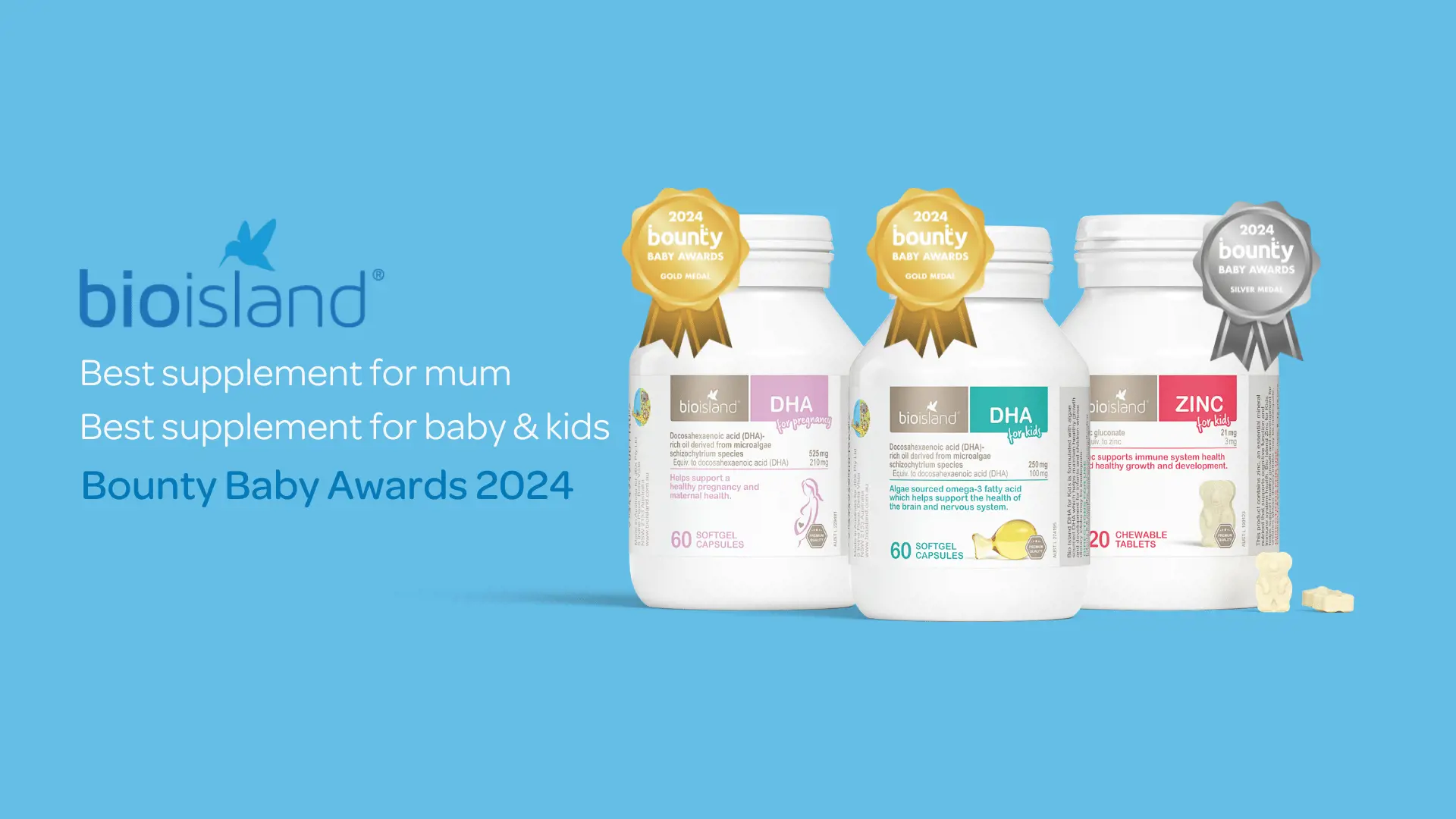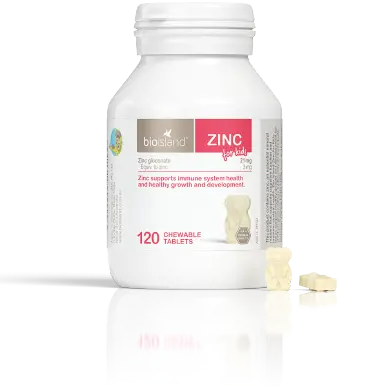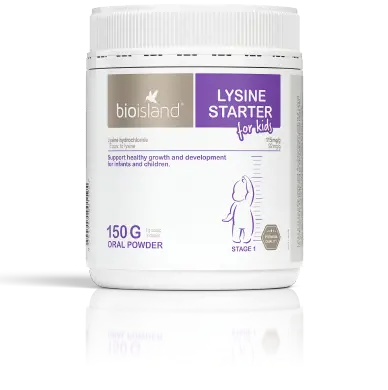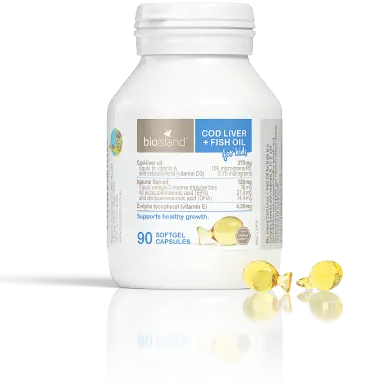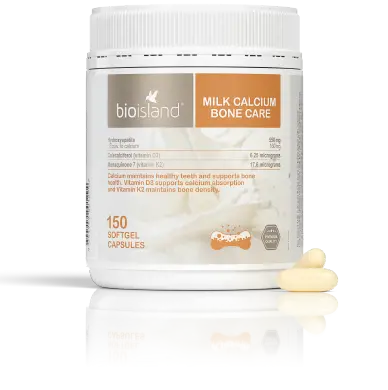
Scrapes, wounds and cuts: Nutrition support for healing
Nutrition plays a vital role in how your body will respond, defend or recover.
Healthy Skin, Nutrition
By Bio Island Nutrition Team
We will all experience a mishap or slip where we end up with cuts or bruises. How our bodies heal is a sign of what we may be missing out in our diet and lifestyle. Wound healing is a physiological response to injury that is vital to all tissue systems. As you have heard and read many times nutrition plays a vital role in how your body will respond, defend or recover. Several foods contain various vitamins and minerals that help contribute to how our bodies function. So, what can you do to help your body recover potentially faster and better?
Best nutrients for healing:
Vitamin C
Vitamin C has been associated with wound healing by its role in collagen formation. As vitamin C is a co-factor in proline and lysine hydroxylation, which is a step in the formation of collagen. It is also a highly valuable antioxidant in protecting cells from damage by free radicals. We should be meeting our vitamin C recommended dietary intake through our food consumption. Foods such as citrus fruits, broccoli, kale and sweet potato to name a few. Vitamin C also helps with the absorption of iron.
Protein
Protein is a fundamental macronutrient in helping build and repair muscle, skin and other body tissues. It also helps fight infection, stabilize body fluids and carry oxygen around the body. Amino acids help provide the building blocks of antibodies, macrophages and a healthy immune system. A lack of protein can reduce the strength in a closed wound and prolong adequate collagen synthesis. Protein intake is dependent on an individual’s body status and measurements but eating a diet that contains complete proteins will help you ingest foods with the 9 essential amino acids. Foods such as red meat, eggs, fish, milk or quinoa have complete protein profiles.
Zinc
Zinc is an essential micronutrient, which plays a major role in human physiology. Zinc is a cofactor in cell membrane repair, growth and immune function and many other functions within the body. It helps maintain the strength of skin and mucosal membranes. Therefore, due to its functions zinc is highly important in the wound healing process and overall health. Foods that include zinc are beef, seafood, almonds and eggs.
Vitamin A
Vitamin A is a part of the fat-soluble group of vitamins and is responsible for serval functions within the body. Some include reproduction, cellular differentiation, growth, immunity and vision. With its function in the production of white blood cells, it helps capture and clear out bacteria and additional pathogens from the blood stream. Foods that include vitamin A include organ meats, cod liver oil, salmon, dairy and eggs to name a few.
Vitamin K
Vitamin K is generally known for its blood clothing abilities and has an important role in wound healing. Vitamin K is made naturally by bacteria in the gastrointestinal tract. As a fat-soluble vitamin, it helps make 4 proteins that produce blood clotting. Food sources of vitamin K include kale, broccoli, cauliflower and cabbage.
Including this mix of foods along with many other nutritious foods can only help the healing process and overall health. Scraps and wounds will happen but maintaining a healthy lifestyle through food and exercise will help recovery from not only cuts but also any colds or infections. Making sure your insides are happy and healthy will only reflect on the outside and how you feel overall.
This information does not take into account your personal situation and is general in nature. You should consider whether the information is appropriate for your needs and seek professional medical advice.
Always consult your healthcare professional before taking any supplements or if any concerns arise.


